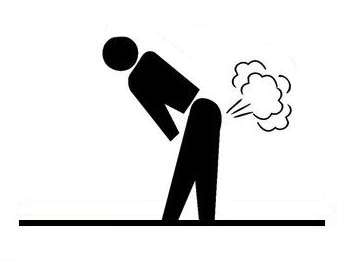“Each of us is becoming more confident about our own world
just as it drifts farther from the worlds of others.”
The Technology of Kindness, by Jamil Zaki
If we don’t have shared truths we can’t co-exist, we can’t protect ourselves, and we can’t set healthy examples for – anyone. That’s my take-away from a truly empowering article for Scientific American by Jamil Zaki, author of The War for Kindness.
The Stanford professor of psychology observes that merely leaving a phone turned off between two people will result in their trusting each other less. Sounds right to me, given how many times I’ve wondered if the conversation I’m having with someone is worth maintaining, since they’ve apparently abandoned our exchange for the “tiny, addictive affirmations” of a text/Twitter/Facebook alert. And I can’t begin to count how many times I’ve resented a passenger in my car for burying their face in their phone rather than joining me in making fun of other drivers. P.S. it’s not attention I crave, but the value of someone’s presence. Communal silence or even lazy, mutual daydreaming is just as much of a life-affirming treasure as mockery.
And while we’re on the subject, here’s another such “treasure”: farts. Now before you judge, stay with me a minute.
I’ve found that one of the easiest strategies for overcoming how separate we are from each other these days is to quickly find even a sliver of common ground. I contend that fart humor fits that bill. I mean, come on! If ever there was a platform we could agree on across every ethnicity, nation-state, class, and rank, it’s that farts are funny.
My work here is done (you’re welcome), but I do encourage you to read Zaki’s full article for yourself. It’s a terrific piece, and not nearly as disruptive as ripping one in the car.




